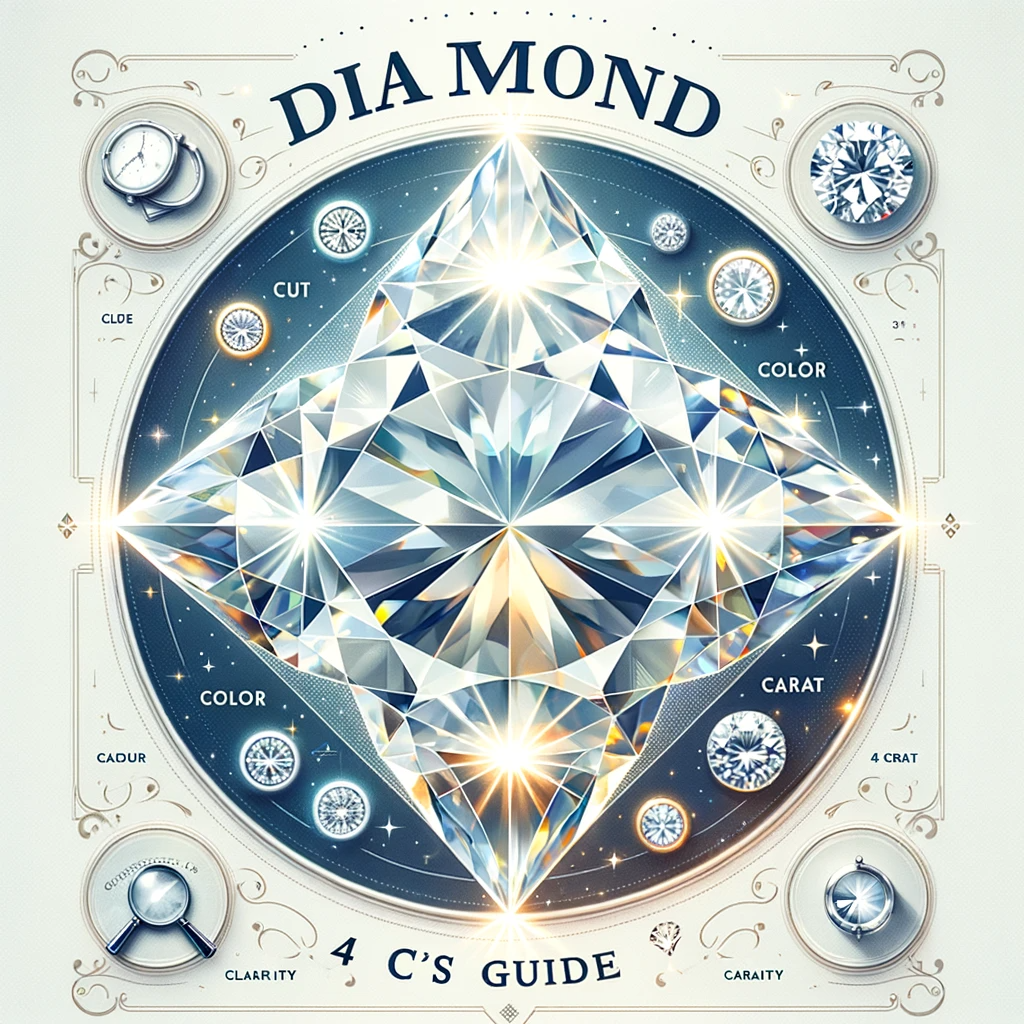What is an elopement wedding Part 2

With fewer and fewer health restrictions to comply with, travel options have been reactivated in recent months. However, weddings where all guests travel to another location to attend the ceremony are not the most popular.
On the contrary, the less the better, or so couples are considering it as they increasingly turn to elopement weddings, a term that has been with us since the 14th century, but whose meaning, and more than anything its sense, has changed over the years.
A little history
Initially, this word was used to refer to people who escaped from a place never to return, and was applicable to all types of individuals, but especially to those who eloped with their lover, starting a new life in a place where no one would ever find them again.
With the passage of time and the arrival of Romanticism along with the literary figure of tragic love, at the beginning of the 19th century, the couples who ran away were no longer those of secret lovers, but of young people whose unions were not accepted by their families, forcing them to consummate their love in some remote place, something that would have made life easier for Romeo and Juliet.
Another time jump and we arrive at the 1930s, years marked by the Great Depression and economic hardship. This was a reason to once again change the landscape of elopement weddings, where young people eloped for economic reasons, as families couldn't afford a traditional wedding.
Current ceremonies
Nowadays, couples' reasons for choosing this style of ceremony are no longer determined by financial or family circumstances, but rather by making their union more intimate. In addition, they don't have to go through the tortuous planning of a large-scale event, since an elopement wedding only requires someone to make the union official, a couple of witnesses to sign the document, and a photographer to immortalize the bond of love.
Another detail about these weddings is that they usually take place in locations other than where the couple resides, primarily seeking paradisiacal destinations, where nature sets the ideal stage for the union of two souls in love.
Of course, this doesn't rule out subsequent celebrations, since without having to pay for a traditional wedding, there's a larger budget for a celebration with close friends and relatives afterward.
As we can see, this is a wedding alternative that not only reduces planning tasks, but also allows the budget to be used for other activities that guarantee even more unforgettable memories and focus on what truly matters: the feelings you have for each other.




















Leave a comment